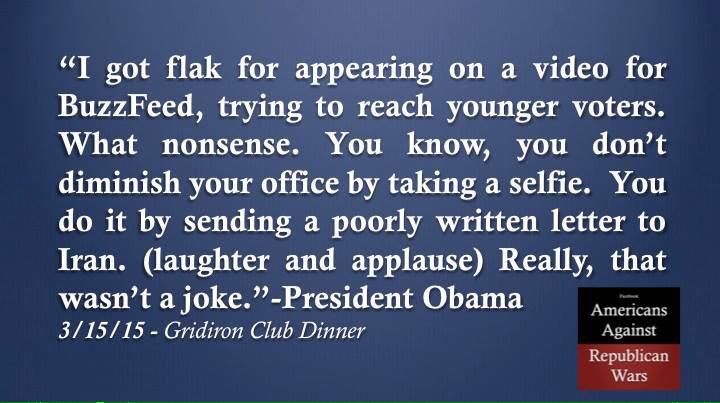Antares
A Rooincarnation
- Nov 7, 2012
- 10,139
- 1,247
The point is, there shouldn't be any sanctions at all. Iran hasn't done anything wrong. And they have every right in the world to enrich uranium for peaceful energy purposes.The point is not how far off they are from making a bomb. The point is that if we lift sanctions, then they are allowed to collect and enrich uranium. What do you NOT understand about that? Right now, there are sanctions that prevent them from doing such things.
This is nothing more than a witch hunt.
LOL, they are the largest sponsors of Terrorism in the World

